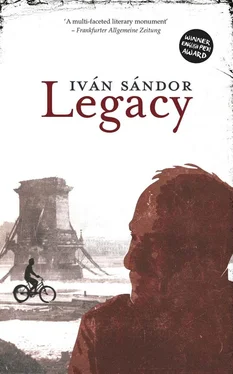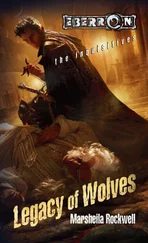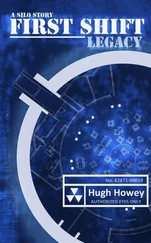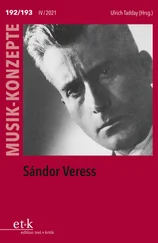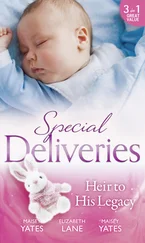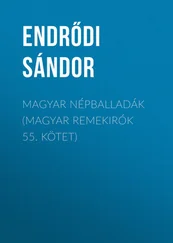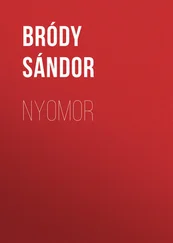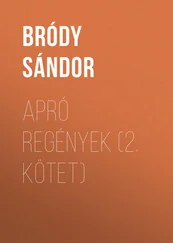So, do I exist, or did you just invent me?
I say that when we alighted from the number 1 tram at the corner of Thököly Road she had been like a shadow following me, although had it not been for her I would never have got as far as I had got.
That’s brilliant. I haven’t been a shadow before.
I look at her the way she is looking at me. Through her expression I see the face of the girl who, tears in her eyes, reports to her at the gates of Ravensbrück that, in the view of a fellow pupil, it had all been put up at a later date.
In other words, you did go to bed with Vera?
What are we talking about now?
In an impassive voice she says that, among their various traumas, it can surely come as no surprise, can it, that she had been troubled. Luckily she herself had never had problems with achieving orgasm, but it was not to be discounted that her mother might have, although of course they had never talked about that.
I ask her why she is telling me.
Maybe you need information like that as well.
That may be, but you are talking about it like when an assistant impassively but audibly reads out the case histories to a sex therapist and counsellor in the waiting-room.
Tell me, by what right are you sticking your nose into my life?
I get the vague idea that it was you who asked me to.
Only you are making things public.
I’m sorry about that, but the sort of thing I do is attended with that risk.
All the same, on what basis?
Why, are you not sticking your nose into my life? Anyway I have brought the photographs that you posted to me.
Keep them in case you still have need of them.
But from what you just said I got the impression that you didn’t want me to make certain things public.
So what if I did? I am more curious about why you kept very quiet about certain things that are very much my business.
That was a long time ago, and at the time Luca made me promise. I had forgotten all about my old notes, and I dug them out only when we met.
She goes to the bathroom. She has washed her face and applied lipstick when she comes back. In my gymnasium there was a physics master who was the spitting image (that’s what she says) of your physicist in Pannónia Street. Even down to the way he would gesticulate during lessons and the way he held his spectacles by one of the arms. And, by the way, I thank you for everything, she says.
What are you getting at?
Everything, like I said. I have tried telling my students that it is necessary not only to concern ourselves with what we don’t know but also with what we know, whether we really know it. Only now I think differently, and I am afraid.
Would you stick your nose in?
What I am afraid of is that someone who has an insight into ignorance and poor knowledge will be ostracized — whether they are Jewish or not. They don’t know why, but they sense that person has an insight and they are afraid of that, and what I am afraid of is that they are afraid of me. Aren’t you afraid?
Sure I am.
What do you do then?
I try to think that the worst thing is being afraid of myself.
I don’t understand you.
Well, when I forget something I don’t forget it, but I pretend I forgot it.
You don’t forget anything.
I’m not sure about that, but I see you are well read up on me.
I see you are surprised that I’m familiar with Hungary’s history.
What are you driving at?
That I know it is not just being a Jew that’s hard.
Her eyes were never tearful when she spoke about her mother and grandmother. I can well imagine that she would sing the national anthem along with her students at ceremonies to mark the start and finish of the school year and high days and holidays.
You may think it is nonsense, I say, but I also thank you for everything.
What in the blue blazes for?
For the blue blazes of being so trusting with me.
Is that what you sense from what I just told you?
From that, too …
Fair enough, but I suggest that we drink no more cognac.
Do you have any vodka?
At last she laughs.
I never thought of myself as being as you describe, and maybe I’m not.
I would be grateful if you would go to number 36 Pannónia Street and look at the old cellar.
So you don’t want to use me just as a shadow but as a tracker dog as well? Do we need to go together?
No, I would like you to go on your own. Everything vanishes. Even the cellar cannot be what it once was. Gradually everything vanishes: not just people but objects, memorials. I have faced up to that, and it would also do you good.
Her expression is mocking, like that of students who have heard her say the same thing umpteen times before.
If Luca had not said that it was you who told her mother in the brickworks that she could step out of the column before it set off, then I would not have dropped in on her when she arranged for you to visit.
I don’t have any recollection to this day of having spoken to Luca’s mother in the brickworks.
As an eighteen-year-old student I was hugely impressed by a writer, even fancied him a bit …
The age difference between us is twenty-eight years, even then …
I still fancied you.
You are too attractive to be saying things like that.
She places a hand on mine.
I felt sorry for that fourteen-year-old boy.
There’s no need, I say. That would bother me, even trouble me.
We plant a kiss on one another’s cheeks.
It’s easy for you, she says. You can pick up your path wherever you want.
Wherever, I think to myself, but who picks up his trail and gets anywhere? I ought to tell her about that feeling, too. I ought to tell her that when the assistant found me in the car park of the Grand Hotel in Locarno and hauled me off to the floodlit terrace, where the cameras were already rolling — in other words a start had been made on the performance in which no one was who they were in reality — it turned out that the two harlequins, and to this day I don’t know if they were a man and a woman or two men or even two women, that they too were part of the supporting cast. Their role was to marvel at us as spectators, in other words as posterity, so to speak, not as the witnesses that we were but as the survivors that we were called. I ought to tell her about the shame with which I was filled when, on stepping on to the terrace, I felt that I, too, was nothing more than the role that had been allocated to me. And I also ought to tell her that I was delighted just beforehand when she said that pain and suffering were universal, and that agrees with what we call history — true, she didn’t quite say it like that, but that is how I would put it. Then I also ought to tell her — I suppose that both of us knew — that on reaching the end of our path we arrive at the beginning.
She may sense that if she were to ask I might say one thing or another, but I can see from her look that she knows where the boundary lies beyond which she must not step.
She puts an arm round my waist and leads me over to the window.
It was from here she watched her mother as she got back home, shopping-bags in hand. I might also be looking at my own self from here, walking along that same pavement with my school bag as a fourteen year-old. We can imagine the things — she, the shopping-bag; me, the school bag — without which we are unable to conceive that we are seeing what the other sees. She repeats that it is easier for me because, as she puts it, I can pick up my path wherever I want, and I don’t declare that for me that means I shall later describe her room, list the objects in it and, above all, try to describe the photographs placed on the chest of drawers, but as for what knowledge I discern in her gaze … for that, most certainly, it would be hard for me to find the words; if, indeed, there were words that could be found.
Читать дальше
